John Bradford (1510–1555) was an English reformer, scholar, royal chaplain, itinerant preacher and martyr for his faith.
Bradford was born in Manchester in 1510 and was probably educated at Manchester Grammar School, where he excelled in Latin and arithmetic.
Little is known about Bradford until he was around 34 years old. After Sir John Harington employed him as King Henry VIII’s financial administrator, Bradford was deputy paymaster of the English forces at the siege of Montreuil in France.
When King Henry VIII died in 1547, he was succeeded by his son Edward VI, a Protestant king. During this time, Bradford studied law in London.
Conversion
Bradford experienced a life-changing conversion and became a Protestant. His life became one of daily repentance and deep prayer. He gave up his law studies to study theology at the University of Cambridge. In 1549, he received a master of arts and began a fellowship at Pembroke College at Cambridge.
In 1550, Bishop Nicholas Ridley ordained him as a deacon and gave him a license to preach. The next year Bradford became one of six chaplains to Edward VI. As an itinerant preacher, he covered Lancashire and Cheshire in North West England.
Crowds thronged to hear him. In “Foxe’s Christian Martyrs of the World,” John Foxe writes, “He sharply reproved sin, sweetly preached Christ crucified, pithily spoke against heresies and errors and earnestly persuaded his people to live godly lives.”
Arrest
After Edward VI’s death, Mary I, later known as Bloody Mary by her Protestant opponents, became queen in July 1553. Within a month, Bradford was arrested for sedition and illegal preaching. He was taken to the Tower of London. While there, he shared a cell with three great Reformers — Thomas Cranmer, Hugh Latimer and Nicholas Ridley — who would all become martyrs.
Much of Bradford’s time in prison was spent praying and studying, visiting and encouraging other prisoners and helping the sick. He was allowed to write letters and articles. Among his writings are “A Sermon Upon the Supper of the Lord,” “A Supplication To Those in Authority” and “A Declaration Concerning Religion.”
On June 30, 1555, 45-year-old John Bradford was taken to Newgate Prison to be burned at the stake the next day at nearby Smithfield. He and a 19-year-old man, John Leaf, were led to the stake and chained there on July 1.
While he could still speak, Bradford lifted up his hands and cried his last prayer: “O, England, England, repent thee of thy sins! Beware of idolatry. Beware of false anti-Christs. Take heed they do not deceive you.”

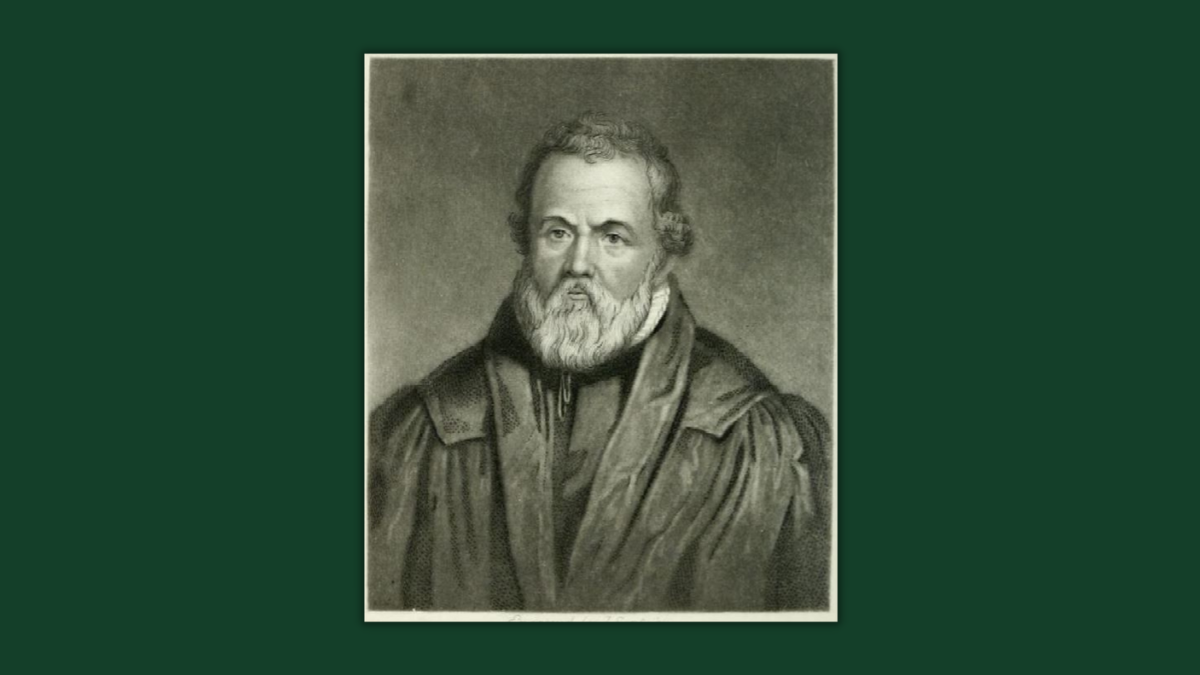
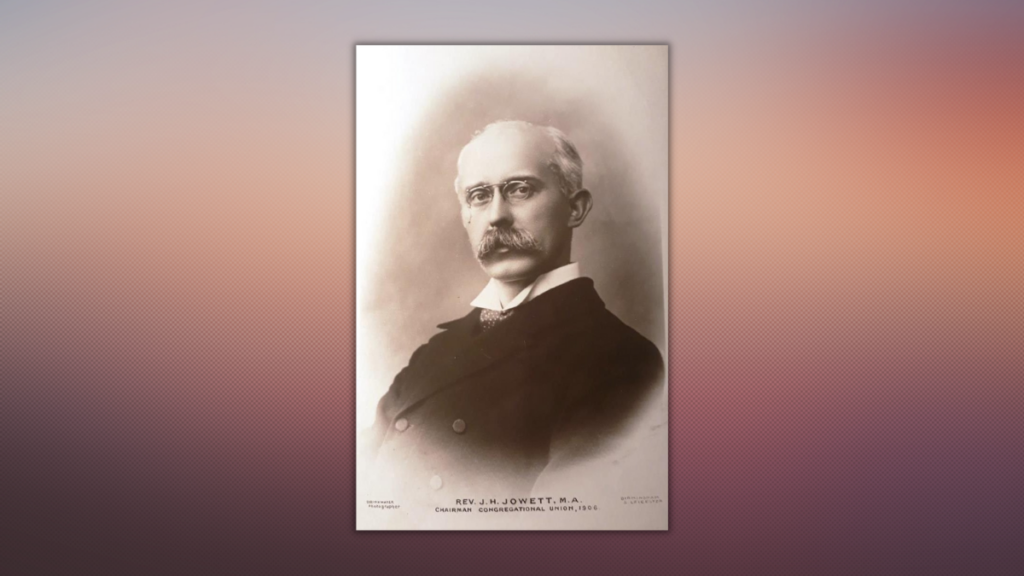
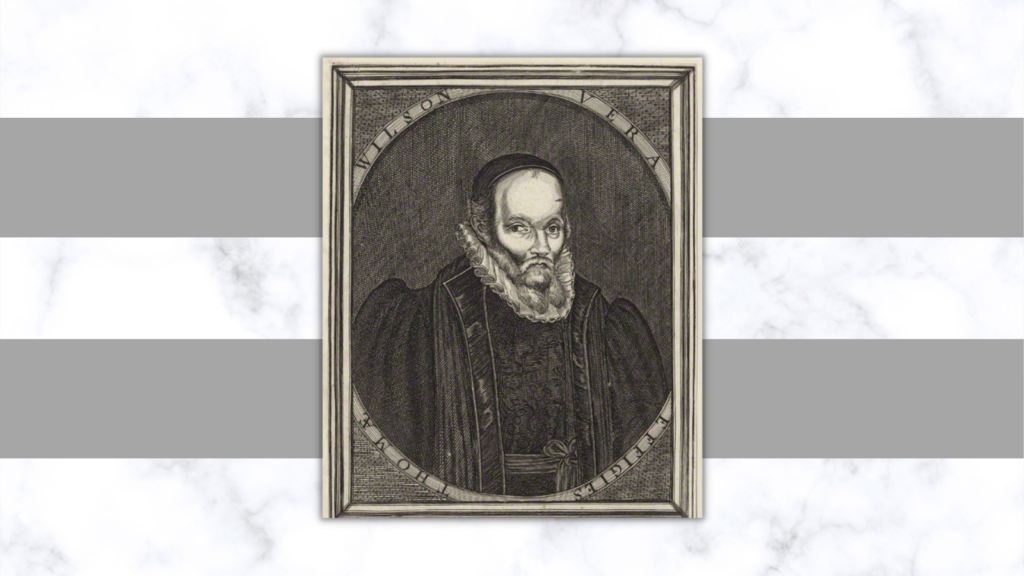
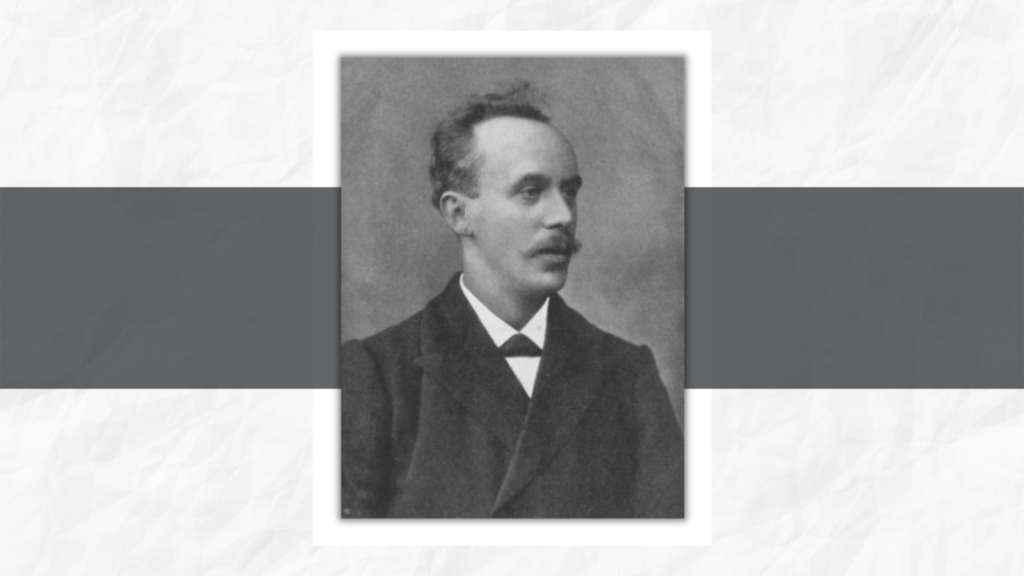
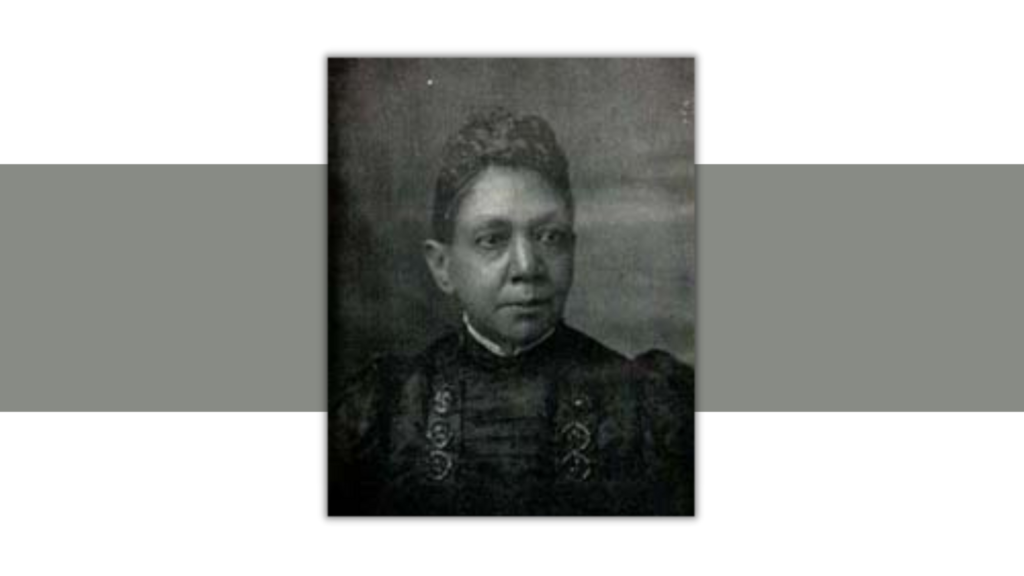
Share with others: